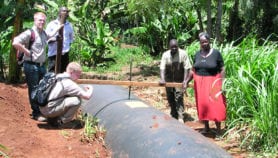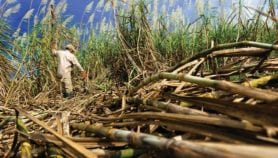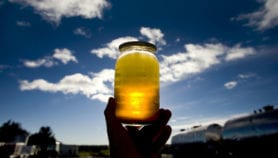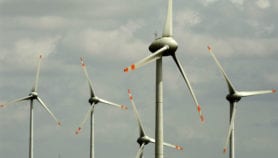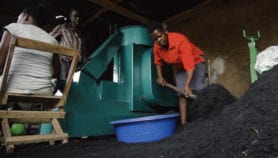By: Paula Leighton
Send to a friend
The details you provide on this page will not be used to send unsolicited email, and will not be sold to a 3rd party. See privacy policy.
Members of the Southern Agricultural Council (CAS) have agreed to carry out research and develop policies to increase biofuel production in the region.
The decision was made last week (4 December) during the 13th CAS Regular Meeting, in Asunción, Paraguay.
CAS is a forum for the ministers of agriculture and livestock of Argentina, Bolivia, Brazil, Chile, Paraguay and Uruguay.
"The member countries have agreed to foster strategic alliances to allow technological development and research in this area," Álvaro Rojas, CAS president and the Chilean minister of agriculture, told SciDev.Net.
CAS member countries have agreed "to develop a fluent dialogue in issues such as scientific exchange, comparative review of legislation and environmental impact studies of green fuels", says Rojas.
He adds that, to avoid increases in food prices and threats to food security, it is necessary to adopt agriculture policies, analyse market trends, and "carry out regional studies on issues such as product supply and demand, and the challenges of this new industry".
All of the countries involved — except Chile — already have national legislation on biofuels. Every country will consider their national strategies, to set their own goals and deadlines to move agro-energy development forward.
For example, Chile intends to consolidate its use and production of biofuel —mainly bioethanol — by 2012. In Argentina the Biofuels Promotion Law, passed last year, says that from 2010 fuels such as gasoil and diesel will have to be blended with five per cent biofuel.
Last week (4 December) sugar cane-derived ethanol was included in a list of biofuels that can be added to conventional fuel in Argentina.




